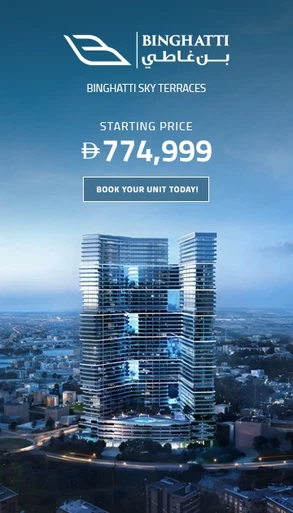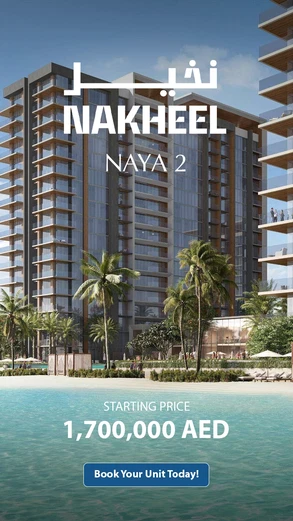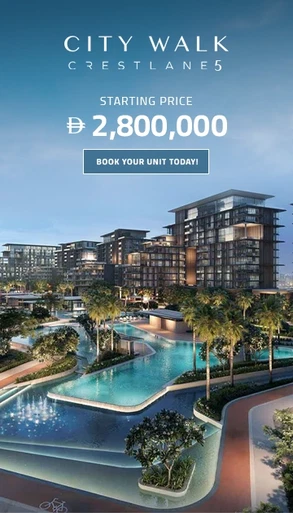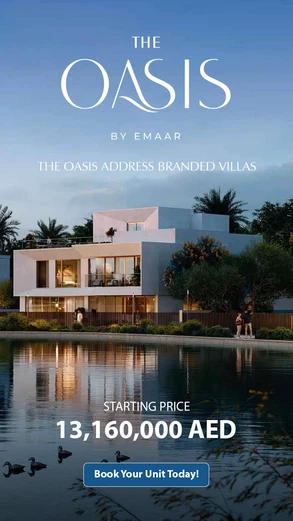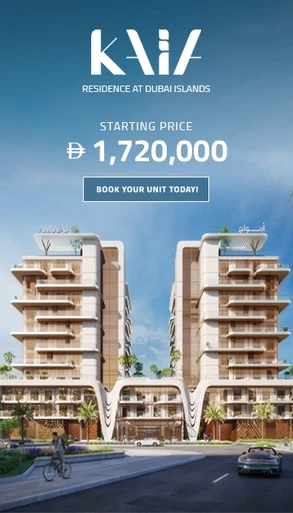Emirates REIT has recorded a strong beginning to 2025 when its total property income rose by 24 percent year-on-year to USD 19 million in Q1, as per a statement issued by Equitativa, the fund manager of the REIT.
The REIT maintained net property income at USD 16 million despite being buffeted by the strategic asset disposals that took place in 2024, such as the Trident Grand Mall and Office Park, as leasing across properties improved and operations became efficient.
It also enjoyed a 95 percent occupancy rate in the portfolio and a 17 percent increase in rental rates in commercial and retail segments, which highlighted a continued surge in demand for high-end real estate in the UAE.
Key Financial Highlights
- The total property income of Emirates REIT grew by 24 percent on a year-to-year basis in Q1 2025 to USD 19 million.
- Asset disposals in 2024 did affect the net property income, which, nevertheless, remained steadfast at USD 16 million.
- The year-on-year reduction of 8.4 percent in the amount of operating expenses of property to USD 3 million showed greater cost efficiency.
- The Sukuk refinancing that was done at the end of 2024 caused a decrease in net finance costs by 57 percent to USD 6 million.
- Investment properties valued at USD 1.2 billion against last year’s USD 1.06 billion, a gain of 14%, backed by USD 149 million of unrealized gains.
- Portfolio was 95% occupied, which means that there is a good leasing activity in the key assets.
- In the business and retail division, the rental rates were at an increase of 17 percent due to prolonged market demand.
Thierry Delvaux, chief executive officer of Equitativa (Dubai) Ltd, which manages Emirates REIT, quoted. The lean capital structure has been achieved through lowering the cost of financing and maximizing the returns of a portfolio.
He further added that strong leasing activity and tenant demand are being highlighted by high occupancy rates and increasing rental rates in the prime commercial and retail fields across Emirates REIT.
It was also pointed out by Delvaux that the fact that the REIT maintained its strength despite asset sales and market shifts shows the power of its operating model and long-proven value creation strategy.
Management Actions & Strategic Process

1. Strategic Asset Disposal
To enhance the financial and operational position of the REIT was carried out by the management of Emirates REIT throughout 2024 and Q1 2025. One of the most important things was to sell non-core assets, such as Trident Grand Mall and Office Park, which focused on simplifying the portfolio and allocating resources to properties that performed better.
The REIT has achieved this despite these sales sustaining net property income at USD 16 million due to increased efficiency in operations and asset fundamentals.
2. Sukuk Refinancing
Simultaneously, the management team also carried out a Sukuk refinancing at the end of 2024, which cut the cost of borrowings sharply. This measure reduced the net finance costs by 57 % or a decrease of USD 14 million to USD 6 million year-on-year, which improved cash flow and capital structure strength.
In its operation, the REIT also narrowed property operating expenses at 8.4% to USD 3 million, a sign that cost reduction has been well taken care of.
3. Portfolio Performance Enhancement
In the meantime, the REIT continued to maximize occupancy and rental yields in its retained portfolio with a 95 percent portfolio occupancy rate and a 17 percent rise in rental rate in the commercial and retail sectors, which brought back high demand and good leasing activity.
The carrying value of the investment properties of Emirates REIT went up by 14 percent or USD 1.2 billion, to which USD 149 million of unrealized revaluation gains was attributed.
Dividend & Outlook
The REIT announced a cash dividend of USD 7 million in FY 2024, or USD 0.02 per share, to satisfy shareholders and strengthen its value promise, with the chance that, depending on performance, dividends would be distributed as well. Emirates REIT group chief executive Thierry Delvaux made it clear that the performance is an outcome of decreased and more efficient capital structure, as well as a concentrated development strategy based on market dynamics.
Transparency in management and operational discipline of the same helps sustain the REIT as a solid and sound investment in the current investment conditions in the UAE real estate sector.
The management also indicated a second distribution later in the year, which is to be dependent on the continued performance and market conditions. Emirates REIT has good potential to develop in the future. The commercial real estate business is stable in the UAE, led by high demand for leases and a stable economy. Income growth is being sustained by rental growth trends, particularly in prime retail and office sectors.
Moreover, the possibilities of corporate tax exemptions to the REIT may lead to higher investor confidence and strengthen the competitive status of Emirates REIT. The REIT is capable of long-term growth and stable generation of shareholder value because of its portfolio, lower financing expenses, and excellent occupancy levels during the following quarters.
Market Confidence & Communication
The CEO of the Equitativa firm is optimistic regarding the strength in the demand of the investors and tenants amidst macroeconomic uncertainties. The interest of investors in safe income-generating assets is higher, and real estate, especially in high-growth areas, is a good investment, Delvaux said.
The tenant side also experiences an increase in demand for high-quality commercial premises. This is a wider market trend in regard to which sustainability and quality are turning into decision drivers. Generally, the future of the following year looks bright, and the broad forecast is that the fundamentals are very solid to sustain growth and, in the long run, drive value additions across the commercial real estate market.
Investor Returns via Dividends
As much as innovation is on the radar, Emirates REIT is not at the same time working on fragmented ownership or tokenization. As explained by their CEO, Thierry Delvaux, although blockchain-based models can provide new access to retail investors, there is already an existing solution to that role, and that is a publicly traded REIT.
He added: “Our emphasis today is on providing a steady, effective and successful REIT that creates lasting shareholder value. A prospective exploration in tokenization will need to be correlated with our tactical and regulatory priorities.
Closing In
Emirates REIT is entering the second half of 2025 in a good position, after recording positive income growth, minimized financing expenses, and occupancy. The REIT is now geared towards well-disciplined execution and long-term value generation, and incurring a shift in market, the REIT will continue to offer the shareholders consistent returns.
Explore More...


